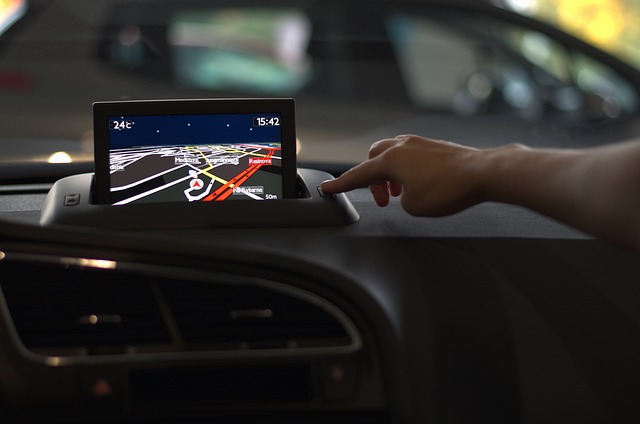When it comes to the pressing need to tackle carbon emissions, businesses are increasingly turning to technology for solutions.
Vehicle tracking has emerged as a powerful tool, not just for efficiency but also for cutting environmental impact.
You might wonder, how can something as simple as tracking make such a difference? The answer lies in the details of how fleets operate and how technology optimises their use.
Reducing idle time and fuel waste
One of the primary culprits of unnecessary emissions is idle time. Vehicles left running while stationary consume fuel and release pollutants.
A tracking system monitors vehicle usage and alerts operators when engines are idling longer than necessary.
By cutting idle time, you save fuel and reduce the amount of harmful gases released into the air. The outcome?
Cleaner air and lower costs – a win for both the planet and your bottom line.
Optimising routes for fuel efficiency
Imagine knowing the quickest, most efficient route to your destination every single time. With vehicle tracking, this becomes reality.
The system analyses traffic patterns and suggests optimal routes, helping you avoid congested roads and reduce travel distances.
This saves fuel and lowers emissions significantly. For fleet managers, integrating gps tracking for fleet operations ensures that every journey contributes less to the carbon footprint.
Eco driving habits
Driver behaviour on the road is key to fuel consumption. Rapid acceleration, harsh braking and over speeding not only uses more fuel but also more emissions.
Vehicle tracking gives real time feedback and performance reports to encourage drivers to drive smoother and more sustainably.
By creating awareness and accountability these tools will have greener roads.
Maintenance and repairs
Poorly maintained vehicles use more fuel and produce more emissions. A vehicle tracking system can monitor engine performance and flag up issues before they become problems.
Regular maintenance means engines run smoother, tyres are properly inflated and all parts are working efficiently, which means better fuel economy.
Prevention is always better than cure especially when it comes to your fleet’s environmental impact.
Transitioning to electric vehicles
For businesses looking to transition to electric vehicles (EVs) tracking systems can provide valuable insights into your fleet usage.
They can help you identify patterns and see which vehicles are due to be replaced with EVs.
By introducing cleaner greener alternatives into your fleet you’re making a tangible commitment to reducing emissions whilst maintaining operational efficiency.
Small changes, big difference
When you add up reduced idling, optimised routes and eco driving the carbon emissions savings are massive.
Vehicle tracking isn’t just about monitoring movement it’s about creating a culture of sustainability. Every small improvement counts and makes the environment a healthier place for everyone.
Greener roads, smarter choices
By using vehicle tracking you’re not just improving operational efficiency you’re actively contributing to a greener future.
Every journey is an opportunity to reduce emissions and make a real difference to the environment. Isn’t it time to drive change, one mile at a time?




